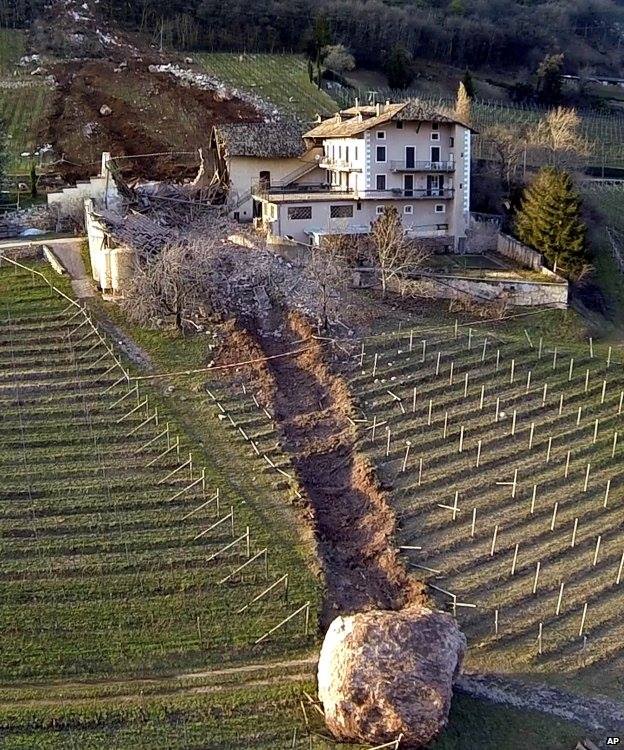Episode Nine: Anarchist Principles
Principles and transgressions
When one becomes an anarchist it is often in the context of a simple coda. No State, No masters, no capitalism. A purely negative definition that is quickly put to the test as most of us experience a daily life where these things are unavoidable. Bosses, Cops, and exchange are things most of us deal with every day. The quote from 1984 “War is peace. Freedom is slavery. Ignorance is strength.” means that knowing and naming the power of the State is the first of many types of mind fucks one has to navigate to live freely. It is in this context one imagines partial measures. If the big idea is for freedom from systems we cannot yet fight, then for now we live with the question and practice of what is possible now, especially if they may also be a way to build a foundation to a better world, and practice in this world.
This is where anarchist principles come in. Free association, Solidarity, and Mutual Aid are the first principles that come to mind, and you can do them today! They may not be enough to drag this world into the next but they are an answer to the question “what can I *do*?”
This is as good of a time as any to tell a story about our local anarchist study group. There have naturally been a lot of larger-than-life figures in the group but here two are relevant. A was the founder of the group and it would be safe to describe them as an anarchist historian. B is a twenty year veteran of the group and is easily the best read person there. (Alongside a canon of B’s favorite figures they also held subscriptions (even in 2019) to radical philosophy journals that they would draw on in our discussions.) A would refer to anarchist principles as the building blocks to build an ethical, anarchist life. Discussions with A would often pass through a soliloquy on free association or mutual aid. A held that principles provide the structure to understand anarchist practice in a world very much not anarchist. B, on the other hand, would say they were a true believer in, for instance, catholicism. B would take communion, pray on their knees, and sing along with the choir. After mass B would then go on to transgress in every way possible. They would be a true believer in any number of different systems or principle sets, so as to go on and disagree and actively thoroughly transgress their position.
Over the years, as I aged in this study group, I found myself ranging between these two positions. I both found it important to see, hear, and practice a set of principled positions and saw those principles as points of tension. Transgression of anarchist principles, like other sacred texts, invites conflict and growth. But knowing the texts, the rationale, and the history of why the principles came to be in the first place makes whole anarchist people. Part of the concern I continue to have with anarchists is that most of their growth is stunted either by leaving, continuing to play rebel long after it has been superfluous, or refusing to take any social responsibility in the name of an imagined freedom from humans. Persons A and B represent this constellation of problems to no particular end that would preserve their pseudonymity but suffice it to say that any conversation about principles has to include a conversation about transgressing values, which is of course what most post-left anarchists want to talk about anyway.
This week we will have a conversation about anarchist principles. In a forgotten past anarchist principles were how anarchists didn’t participate in infighting. We were in solidarity with each other. We helped a comrade out (with our marginal resources) because we believed that it was through mutual aid that we were stronger than those who did not have the Beautiful Idea. And because it all mattered we associated with each other freely (including in love). How has this past sensibility informed anarchist practice today and how have things changed? Do we still maintain the old principles or has the anarchist space gotten too large and only local team principles apply? Has media (especially so-called social media) made things better or worse?

